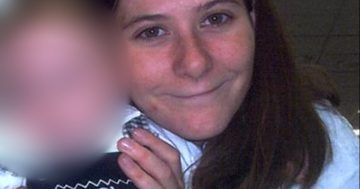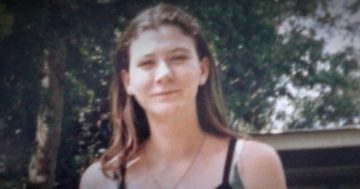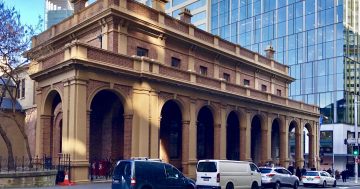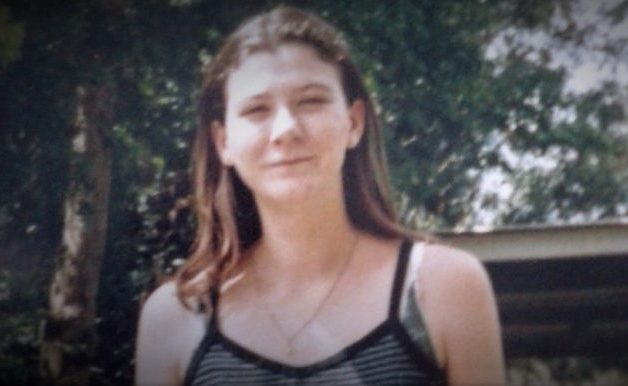
A murder trial was held into the disappearance of Amber Haigh this year. Photo: File.
CONTENT WARNING: This article contains distressing content.
A married couple accused of the cold case murder of teenage mother Amber Haigh have both been acquitted, which means the mystery that has gripped her regional NSW community for over 20 years remains unsolved.
Robert Samuel Geeves and Anne Margaret Geeves, both now 64, pleaded not guilty to murdering the 19-year-old in a NSW Supreme Court judge-alone trial held over two months this year.
Justice Julia Lonergan deliberated for about a month before she returned to the courtroom on Monday (16 September) and announced that their version of events about Ms Haigh’s disappearance “may be true” and she found them both not guilty.
The pair were released from custody before court came to a close.
Ms Haigh, who had epilepsy and an intellectual disability, was only 19-and-a-half and had a five-month-old baby, fathered by Mr Geeves, when she went missing in June 2002 after living in the area around Young in NSW.
A doctor thought she functioned cognitively at the level of a 12 or 13-year-old.
“She was a young woman with little agency in her life, pushed around, literally, by a family that was supposed to be helping and protecting her, and with little to do with her time until she had [her baby],” Justice Lonergan said.
“Amber went back and forth between places and people looking for love and solace. She never found it. She was still looking for it when she disappeared.”
During the trial, prosecutors alleged the Geeveses had the motive, means and opportunity to murder her, while the couple’s defence lawyers claimed everything their clients had done had been viewed through a “haze of mistrust and suspicion”.
Ms Haigh was the ex-girlfriend of the Geeveses’ own son, but when she moved into the couple’s ‘Huntleigh’ property at Kingsvale, a locality between the towns of Young and Harden, Mr Geeves began a sexual relationship with her, which resulted in the birth of her baby in January 2002.
The Geeveses claimed they drove Ms Haigh to Campbelltown Train Station on 5 June 2002 so she could travel to see her ill father in hospital. They claimed they arrived around 8:30 pm, bought her a hot dog to have with her medication, saw her take money from an ATM then dropped her at the train station.
Mr Geeves took the next day off work. They reported her missing on 19 June 2002.
Prosecutors alleged the Geeveses had come to see Ms Haigh as a “surrogate” and she had brought them an opportunity to have another child.
However, Justice Lonergan said there was no satisfactory evidence that the Geeveses wanted more children in 2001, nor that they told anyone Ms Haigh had been used as a surrogate.
“It’s true Robert had sex with Amber, this does not mean he wanted her to be pregnant,” Justice Lonergan said.
“It was not their child, only Robert’s.”
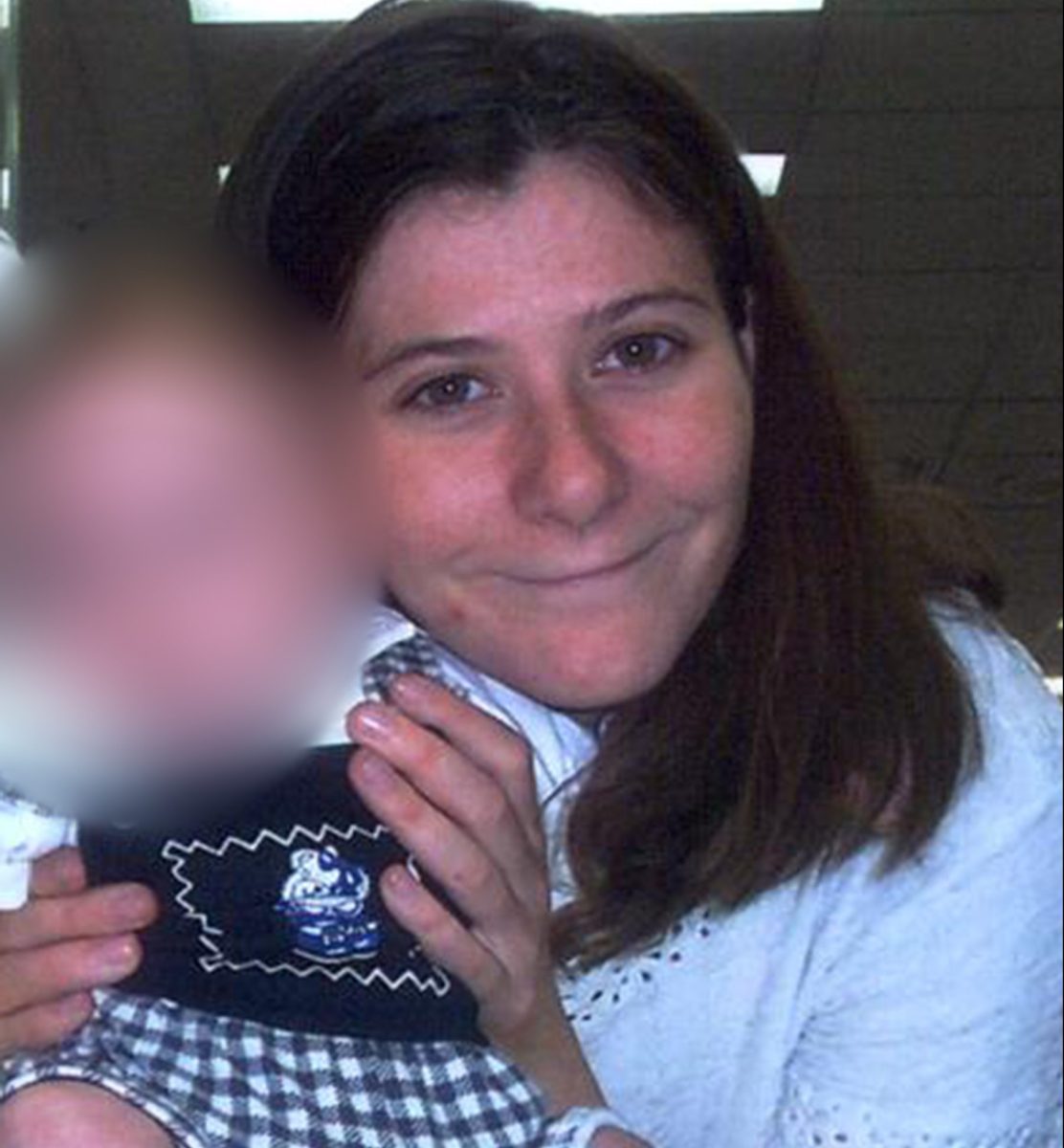
Amber Haigh, 19, has not been seen since she went missing in June 2002. Photo: File.
Police installed covert listening devices into the Geeveses’ home and car from July to August 2002, but Justice Lonergan said “nothing at all” on the devices implicated the couple in any way.
Prosecutors had also alleged the Geeveses controlled Ms Haigh’s access to her finances, but Justice Lonergan said this was “simply not made out” on the evidence.
She said bank records showed Ms Haigh had a habit of withdrawing all her welfare payments on the day they went into her account. Records confirmed the money had been withdrawn from her account on 5 June 2002.
Justice Lonergan did say there was evidence that Ms Haigh loved her baby “very, very much”, tried hard to take care of the baby and sought support to do so.
She didn’t accept that the evidence demonstrated the Geeveses tried to undermine Ms Haigh’s parenting responsibilities, nor that that they tried to isolate her from her family.
The judge said it was true the Geeveses gave her assistance, but “she was a disadvantaged young woman with poor family support”.
The last confirmed sighting of Ms Haigh by someone other than the Geeveses was on 2 June 2002.
Justice Lonergan said while Ms Haigh’s body had never been found, she had not shown any signs of life since 5 June. She accepted the circumstances showed she was dead, and had died by 19 June 2002.
If you or someone you know needs help, you can contact:
Lifeline’s 24-hour crisis support line – 13 11 14
Suicide Call Back Service – 1300 659 467
Kids Helpline – 1800 551 800 or kidshelpline.com.au
MensLine Australia – 1300 789 978 or mensline.org.au.
Original Article published by Albert McKnight on Riotact.







